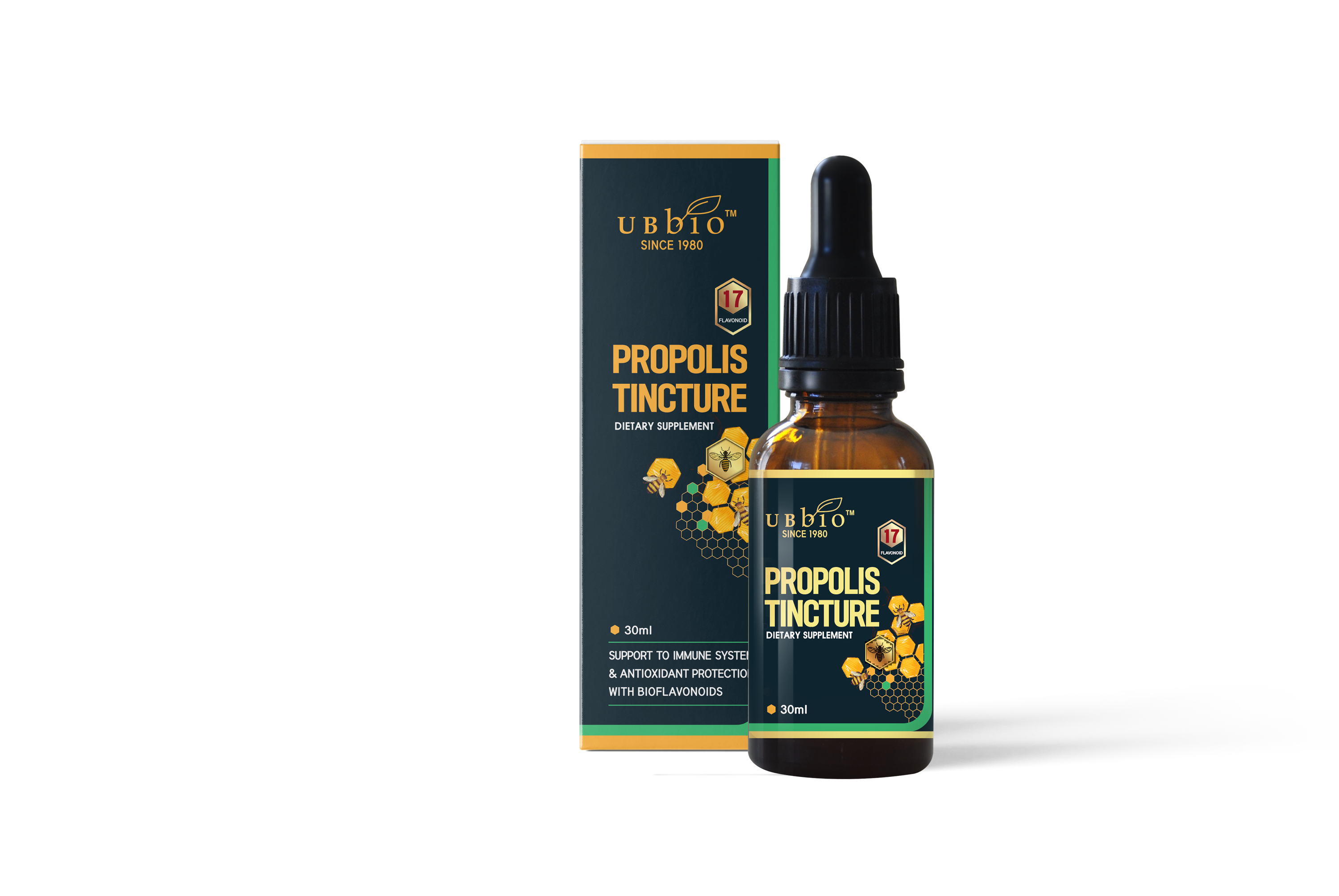
Use of Propolis in Cancer Research
Propolis is being increasingly studied for its effect on cancer cells.
This abstract is from the British Journal of Medicine and Medical Research
Interest to develop new anticancer drugs and to design combination treatments with little or no secondary effects provides new scope for traditional phytochemicals in chemoprevention and therapy. Propolis is a known source of polyphenols, and flavonoids found in them have been widely studied as biochemical markers for botanical origin and in explaining their antioxidant capacity as a key factor in chemoprevention. Antimicrobial, anti-inflammatory and anticancer biological activities of propolis are known. Studies of cancer cells to measure the anticancer effect of propolis are designed with one carefully chosen component, and with extracts applied to cells in culture media. The antitumor effect of propolis and caffeic acid phenethyl ester (CAPE), bioactive compound of propolis extract, is seen to be associated with its ability to initiate apoptosis of cancer cells. Chrysin is a flavonoid of interest to identify signaling molecules related to cancer. As cancer cells develop multidrug resistance (MDR) during chemotherapy, this opens a new avenue of research on cellular mechanisms of propolis components in combined treatments designed to overcome MDR.
The full PDF article is here: https://www.academia.edu/74328362/Use_of_Propolis_in_Cancer_Research


